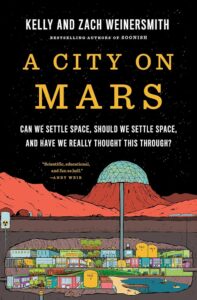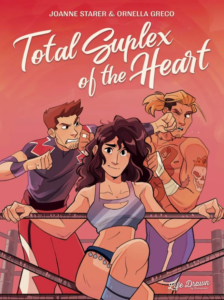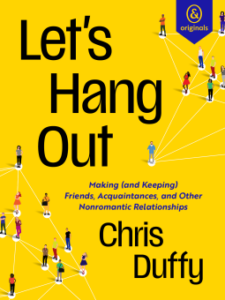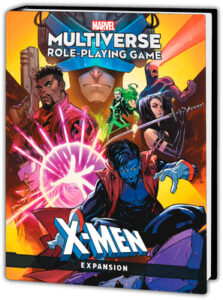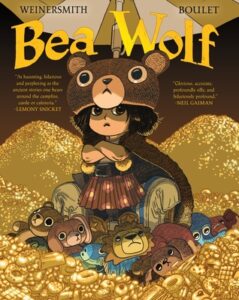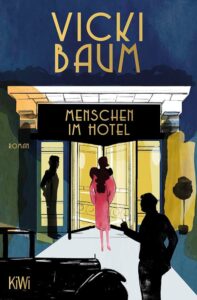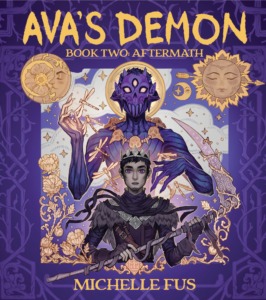collecting issues 61-66 of the long-running comic book series.
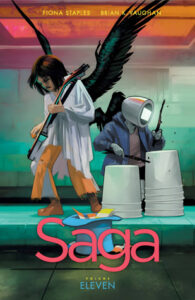 It has been a long ass time since I read the first Saga collection, and I have apparently not read anything else of it since, despite quite liking the first book. So when I saw that Volume 11 was nominated for the Hugos, I was super excited to dive in, despite having only the faintest remembrance of what had transpired in Volume 1. That vague memory proved to be only marginally helpful, as I spent most of this volume hanging on for dear life as I tried to figure out who everyone was, why they were where they were and what might have happened in the nine books that I hadn’t read. I definitely would not recommend jumping into this volume if you haven’t read any of the prior books, and think this would likely work best for those who’ve actually read all of the others. Some volumes in long-running series are terrific jumping-on points for new readers: this, alas, is not one of them.
It has been a long ass time since I read the first Saga collection, and I have apparently not read anything else of it since, despite quite liking the first book. So when I saw that Volume 11 was nominated for the Hugos, I was super excited to dive in, despite having only the faintest remembrance of what had transpired in Volume 1. That vague memory proved to be only marginally helpful, as I spent most of this volume hanging on for dear life as I tried to figure out who everyone was, why they were where they were and what might have happened in the nine books that I hadn’t read. I definitely would not recommend jumping into this volume if you haven’t read any of the prior books, and think this would likely work best for those who’ve actually read all of the others. Some volumes in long-running series are terrific jumping-on points for new readers: this, alas, is not one of them.
I was actually a little surprised that no introductory material was included with this for the Hugo packet, but I get it. It’s a lot of stuff, and not all authors/publishers are as generous with their backlist as, say, Seanan McGuire or Kieron Gillen. But there is decidedly no “previously on” material here either, which makes me believe that the intent with this series overall is for readers to start at the beginning before getting here. I actually found that reading the back blurb helped me get a better idea of what I’d just read — I don’t usually read back matter on books I’m about to review because I have very little time for that nowadays — as it was super helpful in situating the characters in time and circumstance.

